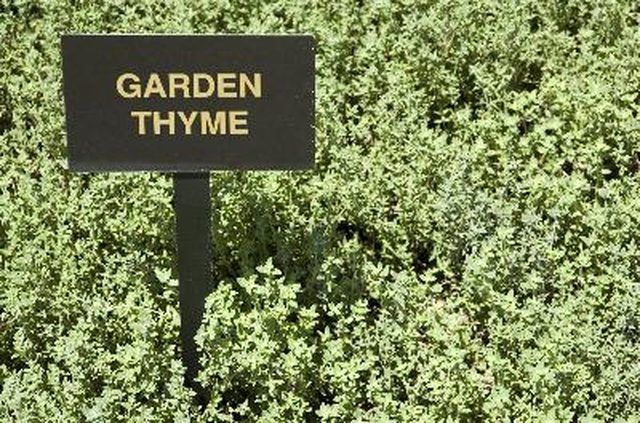Bulbs
Flower Basics
Flower Beds & Specialty Gardens
Flower Garden
Garden Furniture
Garden Gnomes
Garden Seeds
Garden Sheds
Garden Statues
Garden Tools & Supplies
Gardening Basics
Green & Organic
Groundcovers & Vines
Growing Annuals
Growing Basil
Growing Beans
Growing Berries
Growing Blueberries
Growing Cactus
Growing Corn
Growing Cotton
Growing Edibles
Growing Flowers
Growing Garlic
Growing Grapes
Growing Grass
Growing Herbs
Growing Jasmine
Growing Mint
Growing Mushrooms
Orchids
Growing Peanuts
Growing Perennials
Growing Plants
Growing Rosemary
Growing Roses
Growing Strawberries
Growing Sunflowers
Growing Thyme
Growing Tomatoes
Growing Tulips
Growing Vegetables
Herb Basics
Herb Garden
Indoor Growing
Landscaping Basics
Landscaping Patios
Landscaping Plants
Landscaping Shrubs
Landscaping Trees
Landscaping Walks & Pathways
Lawn Basics
Lawn Maintenance
Lawn Mowers
Lawn Ornaments
Lawn Planting
Lawn Tools
Outdoor Growing
Overall Landscape Planning
Pests, Weeds & Problems
Plant Basics
Rock Garden
Rose Garden
Shrubs
Soil
Specialty Gardens
Trees
Vegetable Garden
Yard Maintenance
How to Grow Thyme
How to Grow Thyme. Thyme comes in a multitude of flavors, fragrances, growth habits and hardiness ranges. But all varieties are tough, easy-to-grow perennials with pungent leaves and dense clusters of pink, white or lilac flowers.

Thyme comes in a multitude of flavors, fragrances, growth habits and hardiness ranges. But all varieties are tough, easy-to-grow perennials with pungent leaves and dense clusters of pink, white or lilac flowers.
Things You'll Need
Garden Trowels
Planting Containers
Sandy Potting Soil
Thyme Plants
Buy plants at an herb nursery for planting in spring. Seeds germinate slowly and erratically, and most thyme varieties don't reproduce consistently from seed.
Choose a site with full sun and well-drained, preferably dry soil with any pH from 6.0 to 8.0. Work plenty of organic matter into the soil to ensure good drainage.
Set plants 6 to 12 inches apart, depending on the variety (check the plant label or a comprehensive herb book).
Cut plants back after they flower in summer to promote bushiness.
Protect plants with a winter mulch if the variety is not reliably hardy in your area (ask at the nursery when you buy your plants or consult an herb book).
Divide plants every three or four years to keep them dense and healthy (see "How to Divide Perennials").
Clip foliage and flowers anytime you need them. The more you cut, or even shear back, the more the plants will grow.
Tips & Warnings
Like other members of the mint family, thyme comes in flavors and scents ranging from lemon and orange to caraway, nutmeg and coconut. For the best selection - and a delightful shopping spree - visit a nursery specializing in herbs and choose your plants by sniff and taste tests.
Thyme thrives in containers. Grow one plant per 6-inch pot, or groups of plants in larger containers. Use a sandy soil mix (ask the herb nursery to recommend one when you buy your plants), and water sparingly.
Good drainage is essential for thyme. If your soil remains mucky and wet no matter how much organic matter you pour into it, grow thyme in raised beds or containers.
Thyme's reputation as an aphrodisiac goes back to Egyptian days. So if your herb garden delivers more excitement than you bargained for, don't say we didn't warn you.